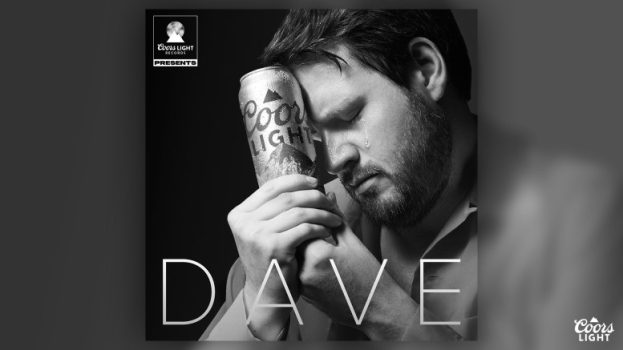Politicians in Quebec have denied the existence of systemic racism, so Amnesty International is making sure its residents don’t also turn a blind eye.
In June, as Black Lives Matter protests forced companies and governments alike to take renewed action against racism, Quebec premier François Legault denied the existence of systemic racism in the province, claiming that any suggestion to the contrary was an attack on its residents.
One key data point that Amnesty International has pointed to as a counter-argument is research that has shown that people with a “Quebec” surname are far more likely than a person with “African, Arab or Latin-sounding names” to get interviews for things like jobs or getting an apartment.
To get Quebecers to confront these facts, it worked with Taxi on a campaign to make sure they weren’t once again overlooked.
Pre-roll ads put the viewer directly into the shoes of a manager or landlord interviewing someone, but when they go for the “skip ad” button as usual, the person pleads with them to “not ignore them” as they typically are. They then list off how, despite their qualifications, they are more likely to be passed over or discriminated against in these situations in favour of someone who “looks and sounds” like the viewer.
[iframe_vimeo video = “484484820”]
The ads end with a call to sign a petition Amnesty has been running to convince the government to reverse its position on systemic racism, adding a bit more creative support to something it has been calling for since the summer.
Other events in the province have given Amnesty reason to keep up the momentum for this goal. Earlier this month, the Quebec government pulled out of a meeting of federal and provincial ministers on human rights, opting to only send Deputy Minister of Immigration and Integration as an administrative “observer,” instead of a minister or member of cabinet as other provinces had. While the government said it wasn’t the only province sending an “administrative representative,” Amnesty claimed that it was to avoid being required to acknowledge in an official capacity that systemic racism exists – a expectation of the meeting is that attendees must release a statement on the urgency of addressing systemic racism.
In the fall, after Joyce Echaquan, an Atikamekw woman from the community of Manawan, died in a Quebec hospital, her mother released recordings she had made of staff making anti-Indigenous slurs in the moments before her death while she was clearly in distress. And there has been the lingering spectre of Bill 21, which banned the wearing of religious symbols by public employees when it was passed last year.
The campaign, which was put into market earlier this month, has a second round of creative currently in development.
[iframe_vimeo video = “484484557”]
























